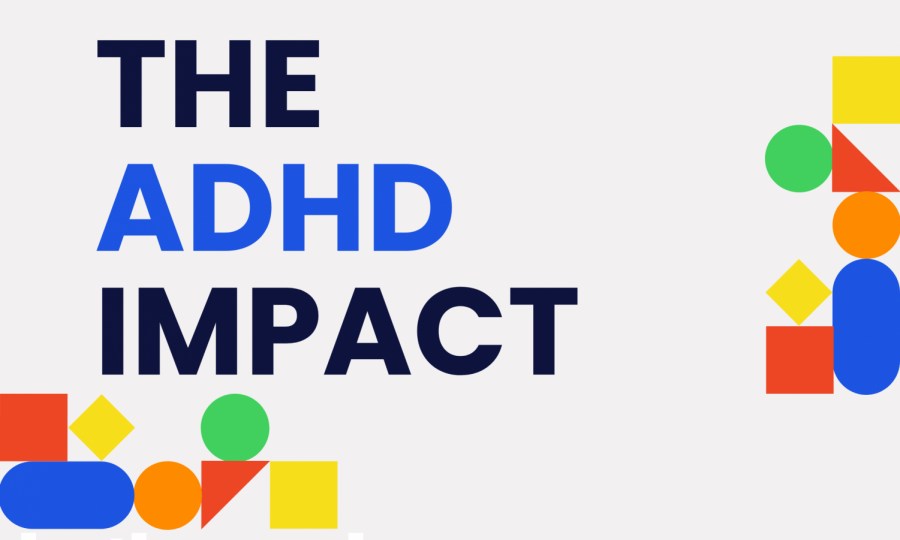ADHD
Attention-Deficit/Hyperactivity Disorder (ADHD)
Attention Deficit Hyperactivity Disorder (ADHD) is a neurodevelopmental disorder that affects both children and adults. However, it is neurodevelopmental, which means it begins in childhood. It’s characterized by symptoms such as inattention, hyperactivity, and impulsivity. Symptoms of ADHD may present as:
Inattention:
- Difficulty sustaining attention in tasks or play
- Frequent careless mistakes in schoolwork or other activities
- Often seems not to listen when spoken to directly
- Difficulty organizing tasks and activities
- Easily distracted by external stimuli
Hyperactivity:
- Fidgeting or tapping hands and feet
- Difficulty remaining seated
- Running or climbing in inappropriate situations
- Talking excessively
Impulsivity:
- Blurting out answers before questions have been completed
- Difficulty waiting for their turn
- Interrupting or intruding on others' conversations or games

Diagnosis
ADHD is usually diagnosed based on a combination of subjective and objective measures, neuropsychological testing, tertiary collaboration, and observation by healthcare professionals. There are specific criteria outlined in diagnostic manuals like the DSM-5-TR (Diagnostic and Statistical Manual of Mental Disorders, Fifth Edition, Text Revision).
Causes
The exact cause of ADHD isn’t known, but a combination of genetic, environmental, and neurological factors is believed to contribute to its development. Research has demonstrated it can be genetic.
Treatment


Impact
ADHD can affect various aspects of life, including academic performance, work, relationships, and self-esteem resulting in symptoms of anxiety or depression. However, with proper management and support, individuals with ADHD can lead successful and fulfilling lives.
